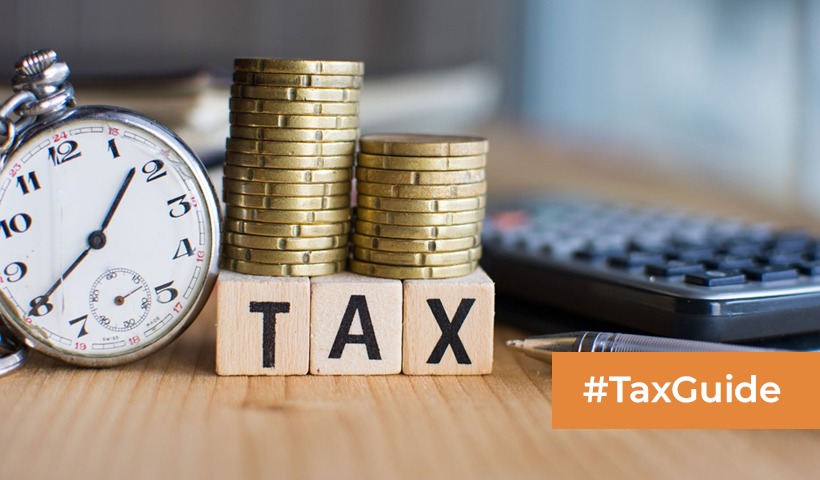Demystifying Perquisites: Understanding the Basics!
A perquisite is a benefit or privilege that is given to an employee in addition to their regular salary. Perquisites can be either taxable or non-taxable, depending on the nature of the benefit.
Some common examples of perquisites include:
- Company-provided car
- Housing allowance
- Medical insurance
- Life insurance
- Pension plan
- Educational reimbursement
- Club membership
- Credit card
- Discounted products or services
- Free meals
The taxability of perquisites is determined by the Income Tax Act of India. In general, perquisites that are considered to be of a “fringe benefit” nature are taxable. This includes benefits such as company-provided cars, housing allowances, and medical insurance. However, there are some exceptions to this rule. For example, the value of free meals provided by the employer is not taxable if the meals are provided on the employer’s premises and are available to all employees.
The amount of tax that is payable on perquisites is calculated as a percentage of the fair market value of the benefit. The fair market value is the price that an individual would be willing to pay for the benefit in an open market.
Employees who receive taxable perquisites must declare the value of these benefits on their income tax returns. The employer is required to provide the employee with a Form 16, which contains the details of all the perquisites that the employee has received during the year.
Disclaimer: The views expressed above are for informational purposes only based on industry reports and related news stories. PropertyPistol does not guarantee the accuracy, completeness, or reliability of the information and shall not be held responsible for any action taken based on the published information




